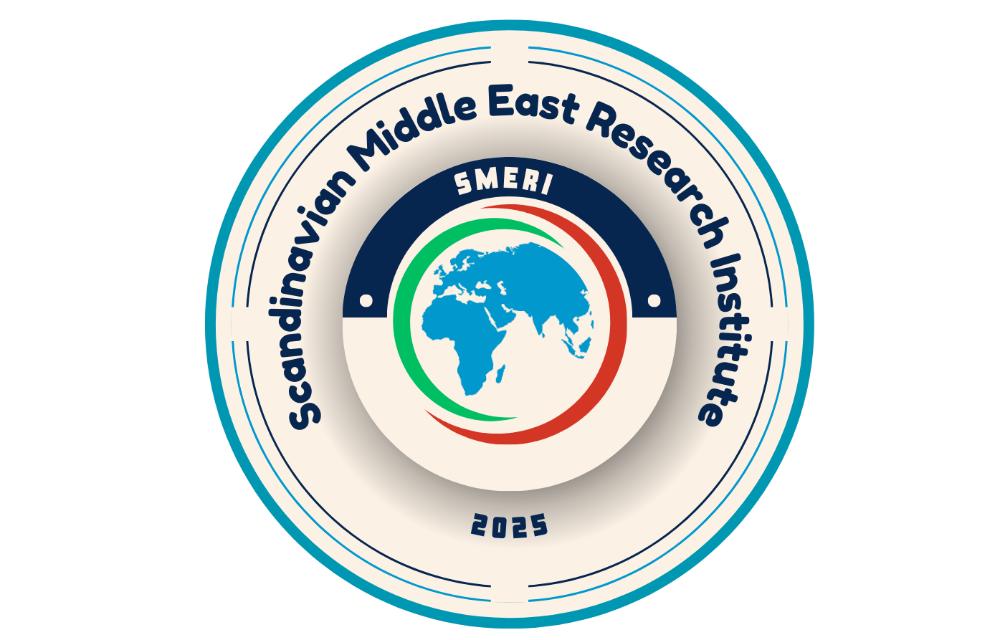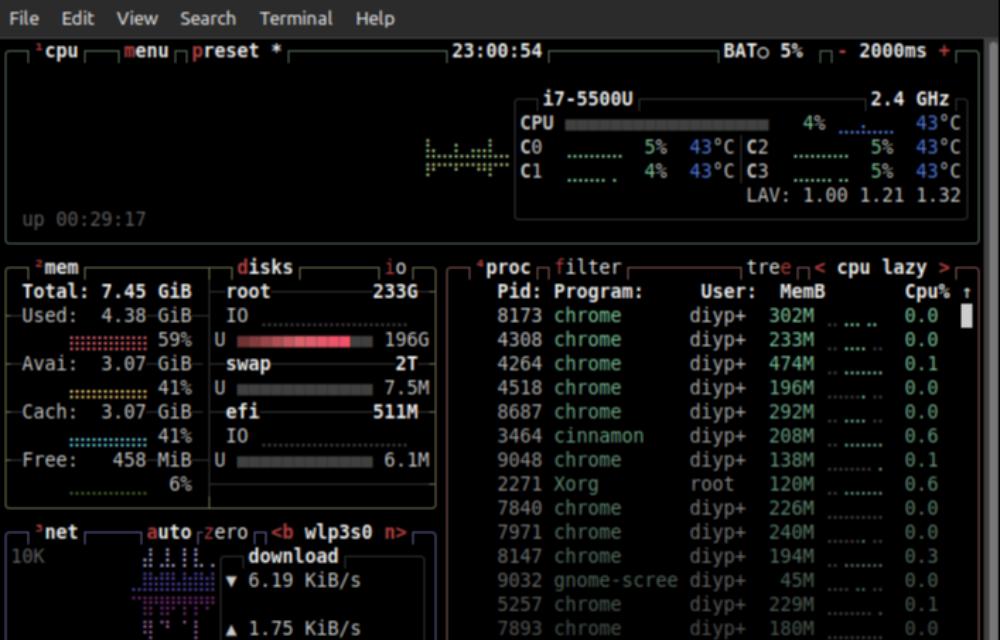
The Scandinavian Middle East Research Institute (SMERI)
Author: SMERI

The Linux Kernel - Report
Author: Diyar Parwana

Why Linux is a Far Better Option Than Windows
Author: Diyar Parwana
The Scandinavian Middle East Research Institute
Dil

This report synthesizes common practices in regional studies institutes. Specific updates on SMERI’s activities can further refine this analysis.
Scientific Report: The Scandinavian Middle East Research Institute
Abstract
The Scandinavian Middle East Research Institute (SMERI) is a multidisciplinary research hub dedicated to analyzing the socio-political, historical, and cultural dynamics of the Middle East from a Scandinavian academic perspective. This report examines SMERI’s institutional framework, research objectives, methodological approaches, key contributions, and challenges, positioning it as a vital entity in bridging academic scholarship and policy-relevant analysis.
1. Introduction
The Middle East remains a focal point of global academic and policy debates due to its geopolitical significance, cultural diversity, and economic transformations. SMERI was established to provide a Scandinavian lens on these complexities, combining rigorous empirical research with interdisciplinary methodologies rooted in Nordic academic traditions.
1.1. Objectives of the Report
-
Review SMERI’s historical development and institutional structure.
-
Analyze its core research themes and methodological innovations.
-
Assess its impact on academic discourse and policy formulation.
-
Discuss challenges and future directions in Middle Eastern studies within a Scandinavian framework.
2. Historical Background and Institutional Framework
2.1. Establishment and Evolution
SMERI emerged in the early 21st century, driven by Scandinavia’s growing engagement with global affairs and the need for specialized expertise on the Middle East. It was founded through collaborations between leading Nordic universities (e.g., University of Oslo, Lund University, University of Copenhagen), government agencies, and independent research bodies.
2.2. Organizational Structure
SMERI is structured into interdisciplinary departments:
-
Political Science & International Relations: Governance, conflict resolution, and regional diplomacy.
-
History & Cultural Studies: Historical narratives, identity politics, and heritage preservation.
-
Economics & Development: Resource economics, trade relations, and sustainable development.
-
Security & Conflict Studies: Terrorism, regional stability, and peacebuilding strategies.
3. Research Focus Areas
3.1. Political and Socioeconomic Dynamics
-
Examines authoritarian resilience, democratization, and social movements (e.g., Arab Spring aftermath).
-
Comparative case studies on welfare policies, drawing parallels between Nordic and Middle Eastern models.
3.2. Cultural and Historical Analysis
-
Investigates colonial legacies, religious pluralism, and modern identity formations.
-
Utilizes archival research, oral histories, and digital humanities tools.
3.3. Security Studies and Conflict Resolution
-
Analyzes proxy wars, non-state actors, and humanitarian crises (e.g., Syria, Yemen).
-
Develops policy recommendations for Scandinavian and EU stakeholders.
3.4. Interdisciplinary and Comparative Approaches
-
Integrates environmental studies (e.g., water scarcity) with political economy.
-
Explores gender dynamics and migration patterns in a transnational context.
4. Research Methodologies
4.1. Quantitative Analysis
-
Statistical modeling of conflict data, economic indicators, and migration flows.
-
Public opinion surveys in collaboration with regional partners.
4.2. Qualitative Approaches
-
Ethnographic fieldwork, elite interviews, and discourse analysis of media/political texts.
4.3. Comparative Studies
-
Benchmarks Scandinavian social policies against Middle Eastern governance structures.
5. Key Contributions and Impact
5.1. Academic Influence
-
High-impact publications in journals like International Journal of Middle East Studies.
-
Hosts annual conferences (e.g., Scandinavian-Middle East Dialogue Forum).
5.2. Policy Engagement
-
Advises Nordic governments on Middle Eastern diplomacy and refugee integration.
-
Collaborates with NGOs on peacebuilding initiatives.
5.3. Educational Outreach
-
Joint PhD programs with Middle Eastern universities.
-
Public lectures and media contributions to enhance regional understanding.
6. Challenges and Future Perspectives
6.1. Geopolitical Instability
-
Access restrictions in conflict zones hinder fieldwork.
6.2. Funding Constraints
-
Reliance on competitive grants necessitates diversification (e.g., private sector partnerships).
6.3. Technological Integration
-
Potential for AI-driven conflict forecasting and digital archives.
6.4. Interdisciplinary Expansion
-
Strengthening ties between political science, climate studies, and cybersecurity.
7. Conclusion
SMERI exemplifies how Scandinavian academic rigor and interdisciplinary approaches can enrich Middle Eastern studies. By balancing scholarly excellence with policy relevance, it serves as a critical node in transregional knowledge exchange. Future success will depend on adaptive methodologies, sustainable funding, and deeper global collaborations.
Note: This report synthesizes common practices in regional studies institutes. Specific updates on SMERI’s activities can further refine this analysis.